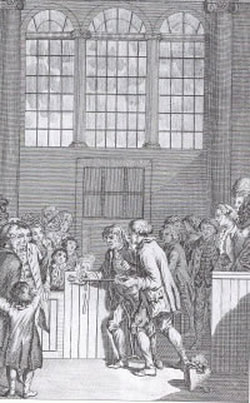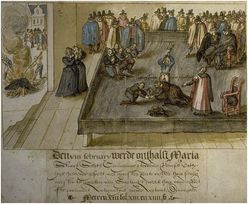
The lives of Mary, Queen of Scots and Elizabeth I of England may be seen as a contrast in social expectations during early modern Europe worthy of scholarship, and television dramas. Perhaps lesser known is the story of Mary's trial and the legacy of her execution. Go behind the romanticism of Mary's life and learn about her death and the legacy of Elizabeth's final action to end of the life of her "Sister Queen."
Podcaster: Lesley
2 Comments
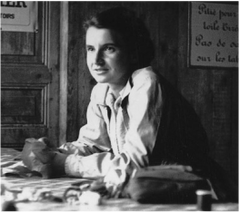
In the 1950s, a series of discoveries allowed biologists to capture and construct the double-helio structure of DNA. For these efforts, James Watson, Maurice Wilkins, and Francis Crick were awarded the Nobel Prize in 1962. The implications of this work transformed the field of biology and led to dramatic new advancements in medicine. But the story of DNA was not so simple. James Watson's personal behavior diminished the contributions of other scientists. In this episode of Footnoting History, we learn about the complex drama behind the scenes of a landmark and transformative discovery...and the complications that continue to dog the career of a prominent scientist today.
Podcaster: Lesley 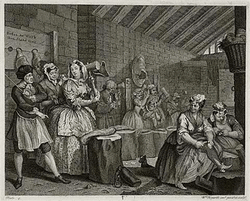
As the United States deals with a critical mass of imprisoned citizens, it might be worthwhile to consider how historical civilizations dealt with the punishment of non-violent offenders. How did England maintain order before the rise of the prison? This episode explores alternatives to long-term prison sentences by examining the origins of the US English legal system - with surprising results.
Podcaster: Lesley 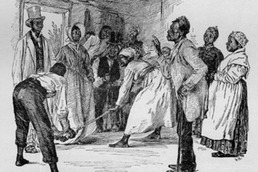
Weddings are ceremonies steeped in cultural traditions. From the costumes to the carefully-selected color schemes, marriage ceremonies often become orchestrated events more than a public celebration of love. But where do these traditions originate? In this episode, Lesley explores the surprising history of "jumping the broom" at wedding ceremonies throughout history.
Podcaster: Lesley 
Ever wonder why women shave their legs? Or why manly cigars gave way to slim, feminine cigarettes? The answer lies with people like Don Draper. Examine the history of advertising and how some of our personal traditions stem from a carefully-designed advertising campaign.
Podcaster: Lesley 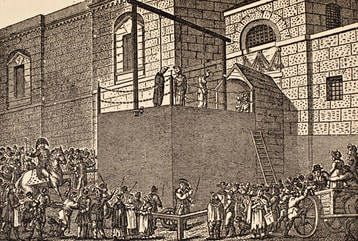
In the middle of the Reformation, Parliament passed a law criminalizing some forms of sexuality. This became known as the Buggery Law of 1533. Why would the government be interested in regulating sex? An investigation into official records reveals that it had less to do with the bedroom and everything to do with power, privilege, and piety.
Podcaster: Lesley 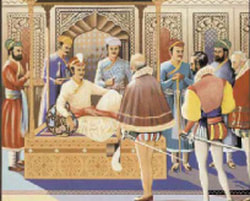
The religious consequences of the European Reformation are often part of our education. But the 16th century saw reformations across the globe: Christianity, Judaism, Islam, Hinduism, Sikhism, and Aztec beliefs. At the heart of this change was Mughal Emperor Akbar, who combined all of these beliefs into a single new global religion: Divine Faith.
Podcaster: Lesley
|
Site Map |
© 2013-2024 Footnoting History. All rights reserved.
Footnoting History and the Footnoting History logo
are trademarks of Footnoting History, NY. Footnoting History operates under a SAG-AFTRA Micro-Monetized Podcast Agreement. |



